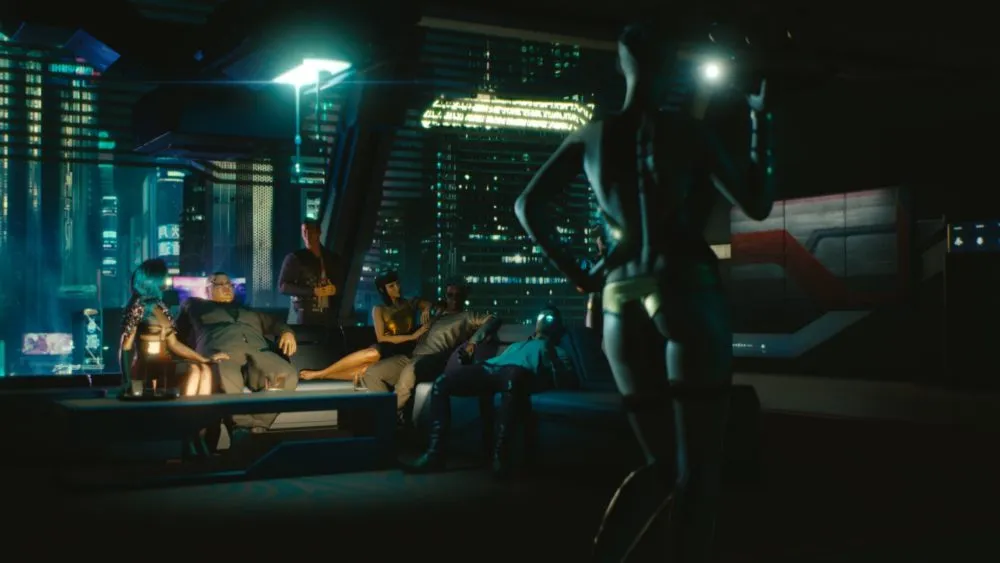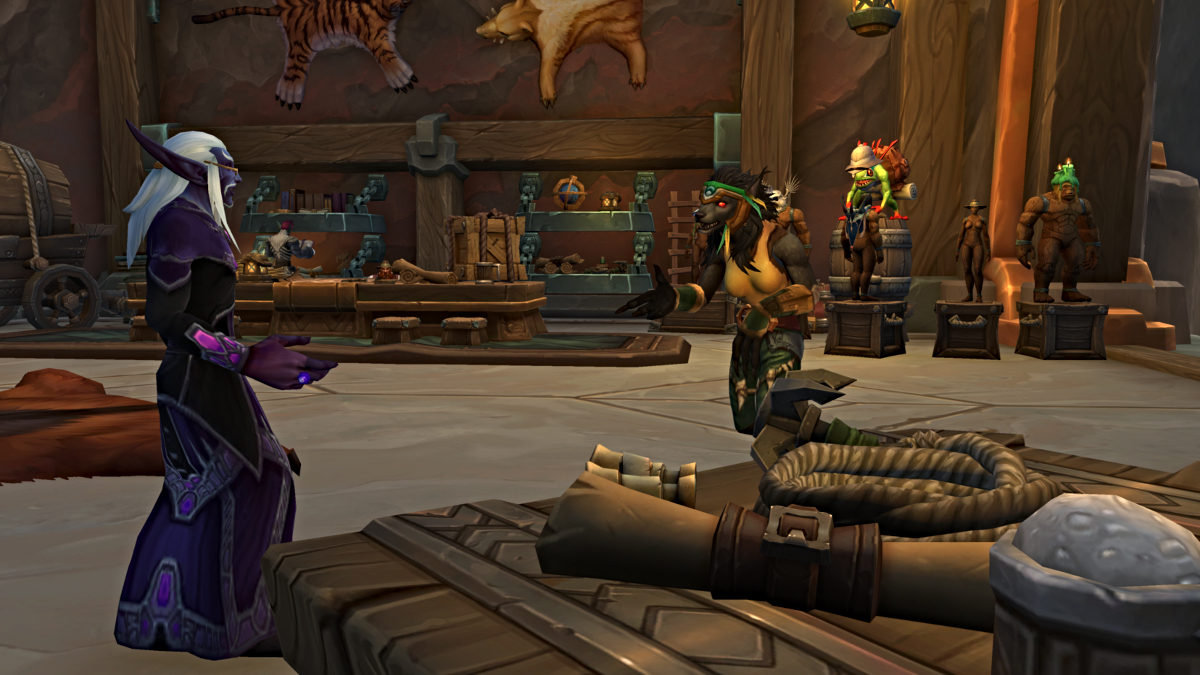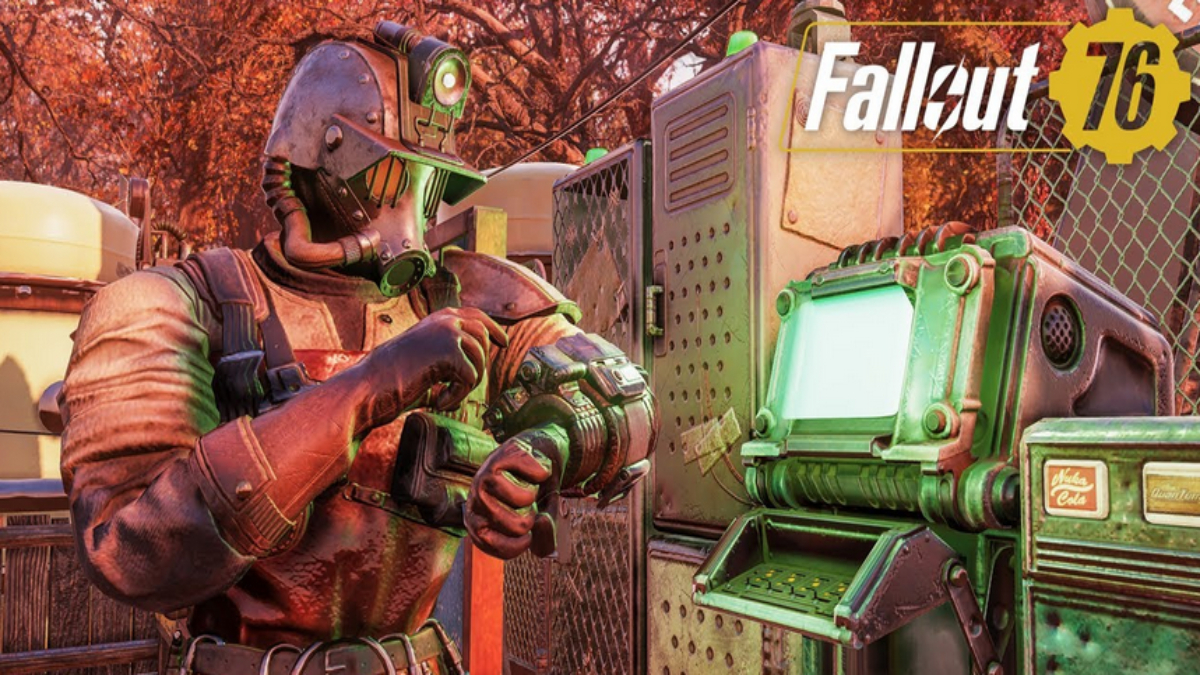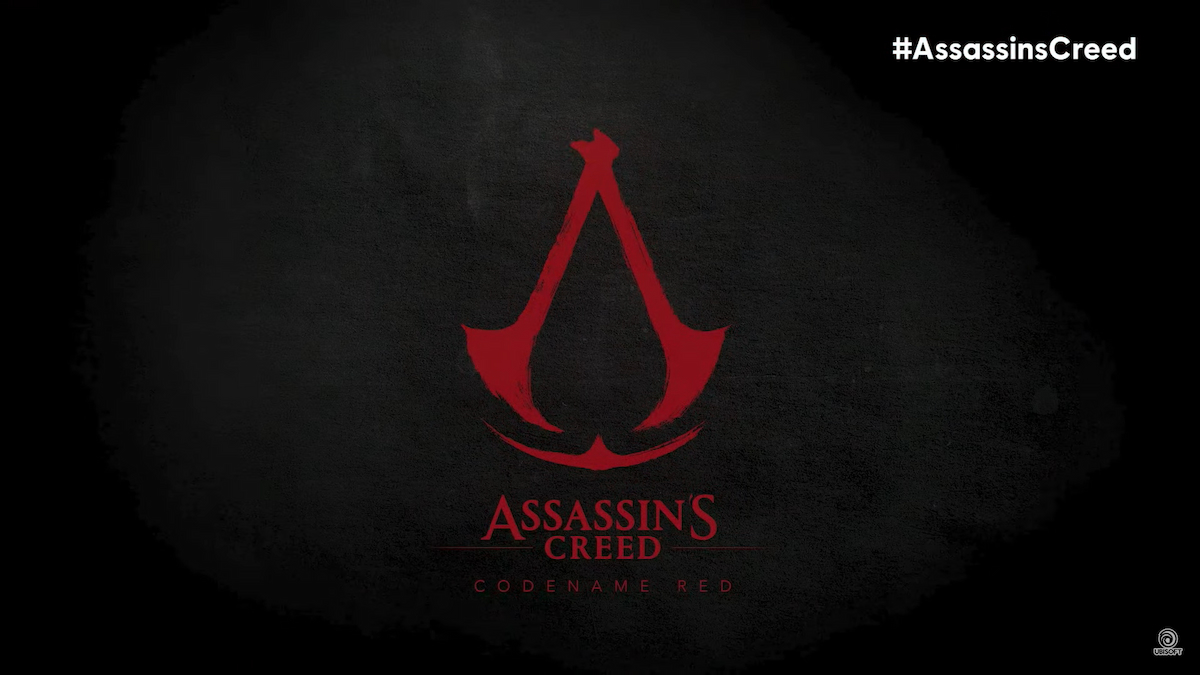Given that it’s literally named after the genre, it probably shouldn’t come as too much of a surprise that Cyberpunk 2077 encompasses pretty much every cyberpunk trope in the handbook. For starters, the game’s urban environment is dystopian megacity full of skyscrapers adorned in advertisement boards that emit almost radioactive amounts of neon & virtual celebrities —everything you’d expect to see in a Blade Runner movie or imagine in a William Gibson novel. Even its villains are your textbook Corporate Samurai’s, just like Gibson’s most protagonist, Case.
But the recent gameplay reveal showcases way more than just a smorgasbord of ideas thrown over the top of a Grand Theft Auto-style open world in first-person. No, Cyberpunk 2077 —or at least the version we’ve seen so far— gets three aspects of the genre so absolutely bang on that it totally captures the magic of what fans adore about this branch of sci-fi. So let’s break them down.
Banter and General Dialogue
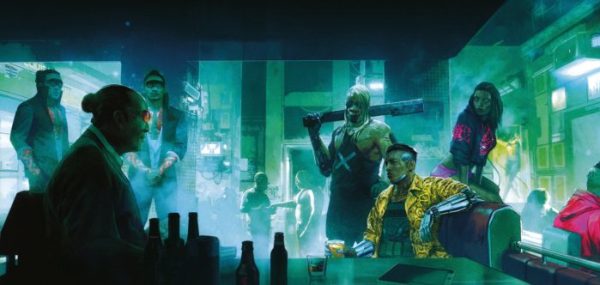
Now there was one aspect to the Cyberpunk 2077 reveal that I noticed wasn’t universally appreciated by many spectators that we saw in various forums, comments, and critical analysis. No, not the damn first-person thing… I’m talking dialogue and writing, which was somewhat criticized for being too short and sharp, over-using profanities, and generally a little corny. I hate to break it to you guys but that’s somewhat of a hallmark of the genre. That’s not to say that all things cyberpunk follow the exact same beat with respect to how dialogue is approached, but there I believe there certainly is a method behind why its implemented in Cyberpunk 2077, and it’s definitely not as a result of bad writing.
If you’ve read William Gibson’s Neuromancer, which is essentially the genre’s founding literature, you’ve probably experienced some slight confusing following along. Gibson’s dialogue in Neuromancer is heavily based on Noir. The writing is not meant to coddle you, it’s meant to create an atmosphere: things are happening and even the participants don’t know the full story. People don’t talk plainly to each other because everyone is “working an angle”, hustling for their own survival and profit. You’re supposed to be kept on your toes about who to trust, and having to decipher that language is almost part of that. It’s supposed to be exotic, in a way —both an evolution and a degradation of language in a futuristic world. At least, that’s how I imagine Gibson hoped it would sound when he wrote the book in 1980, which has now become a template for the genre.
Yes, it has a slightly retro-corny flavor to it occasionally, and I’m equally curious to see how it holds up over the course of a 100-hour RPG, but that doesn’t mean the banter and general dialogue we saw in Cyberpunk 2077 isn’t suited to the source material.

